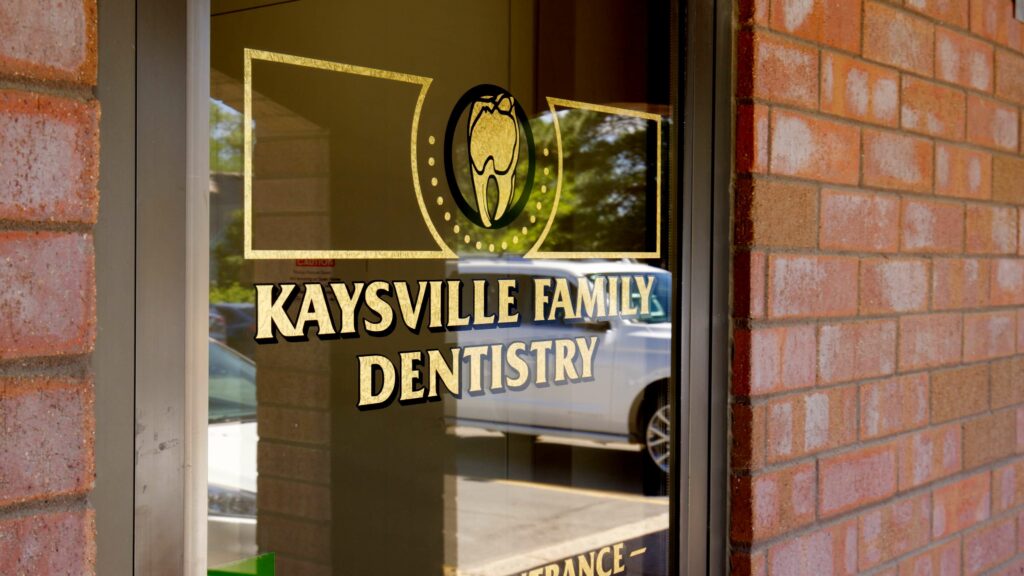Everyone hates bad breath! It can make you self-conscious and can cause anxiety in social situations. If you are struggling with chronic bad breath, there are a few possible causes.
- Mouth, Nose, and Throat Infections: According to the Mayo Clinic, Ear, Nose, and Throat (ENT) issues can lead to postnasal drip, which contributes to foul-smelling breath. In simpler terms, the bacteria in your mouth feed on the mucus your body produces. For example, your breath may be worse when you are battling something like a sinus infection.
- Smoking, Nicotine, and Tobacco Products: We all know tobacco products damage your health, but nicotine also harms your mouth by drying it out. Similarly, smokers are more likely to develop gum disease than non-smokers, which adds to bad breath. Please talk to your dentist or doctor about how to quit smoking, vaping, or chewing tobacco.
- Coffee, Caffeinated Drinks, and Alcohol: Excessive consumption of anything is harmful to your health, but these products also cause bad breath. When coffee beans go through the roasting process, sulfur-containing aroma compounds form. Along with the acid content in coffee, these compounds can produce bad breath. Coffee also causes dry mouth, which can worsen bad breath. Coffee-induced dry mouth is produced in part by caffeine, which is slightly dehydrating.
- Poor Dental Hygiene: Are you practicing good dental hygiene every day? With this in mind, brush your teeth at least twice daily with anticavity toothpaste. Next, you need to floss each night, and do not forget to brush your tongue. Consistency is key.
- Diet: Reducing sugar intake helps since sugar assists bacteria by multiplying quickly. Also, it may seem obvious, but pungent foods like onions and garlic are on the long list of smelly-breath-causing foods. Nobody wants onion breath… If your breath is a significant concern, you should be aware of these foods.
- Dry Mouth: Numerous things may cause you to have a dry mouth. Medication, certain medical conditions, alcohol consumption, tobacco use, or drinking an excessive amount of caffeine, can all lead to dry mouth. For these reasons, drink plenty of water or chew sugarless gum to increase saliva production. If your dry mouth persists, there are certain medications that may help reduce your symptoms.
- Illnesses: Many other diseases and illnesses can cause bad breath, including;
- Seasonal allergies
- Respiratory tract infections such as pneumonia or bronchitis.
- Long-term (chronic) sinus infections
- Postnasal Drip
- Diabetes
- Chronic acid reflux
- Gastrointestinal issues
- Chronic lung infection
- Liver or kidney problems
- Gum Disease Chronic Health Conditions: Persistent bad breath or a bad taste in the mouth may be a warning sign of gum (periodontal) disease. If gum disease continues untreated, it can damage the gums and jawbone. In the more serious form of gum disease known as periodontitis, the breakdown of your gum tissues is irreversible. Here are a few common symptoms of gum disease. Gum disease typically stems from poor oral hygiene, as the Cleveland Clinic notes. It’s more common in individuals over 30 years old, and it generally affects men more than women. If you have any of the below symptoms, it’s a good idea to make an appointment with Kaysville Family Dentistry to check your gum health:
- Bleeding, swollen or tender gums
- Sensitive or loose teeth
- Receding gums or teeth that appear longer
- Pain when chewing or a misaligned bite
- Bad breath
At Kaysville Family Dentistry, your dental health is our number one priority. Make an appointment today.



